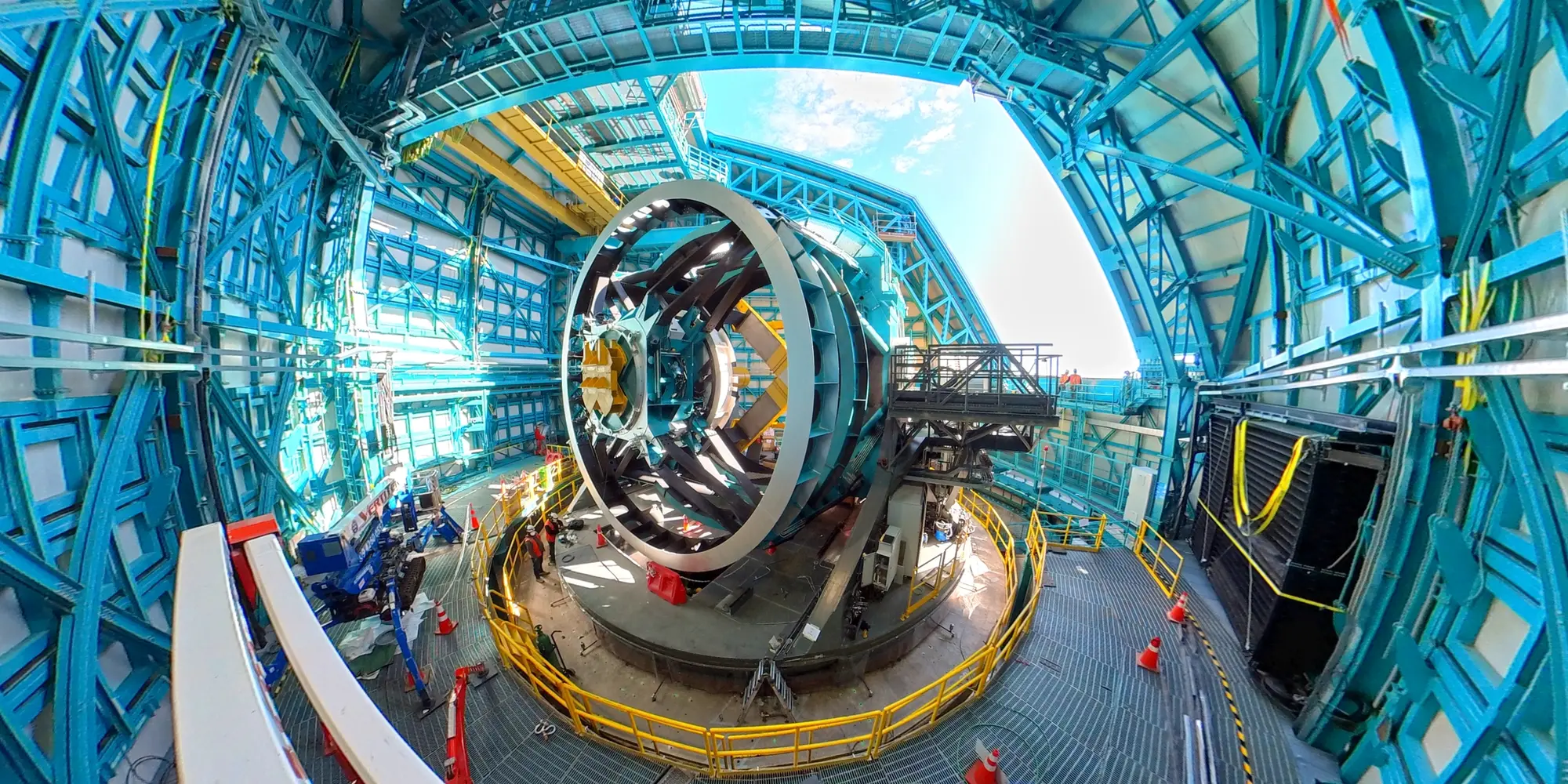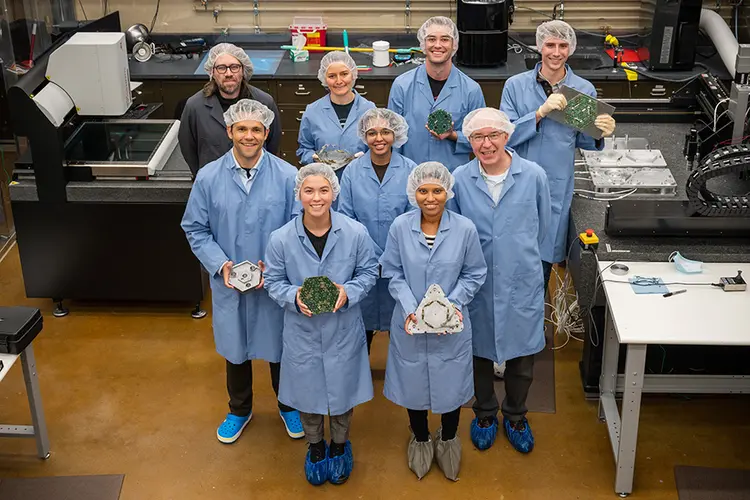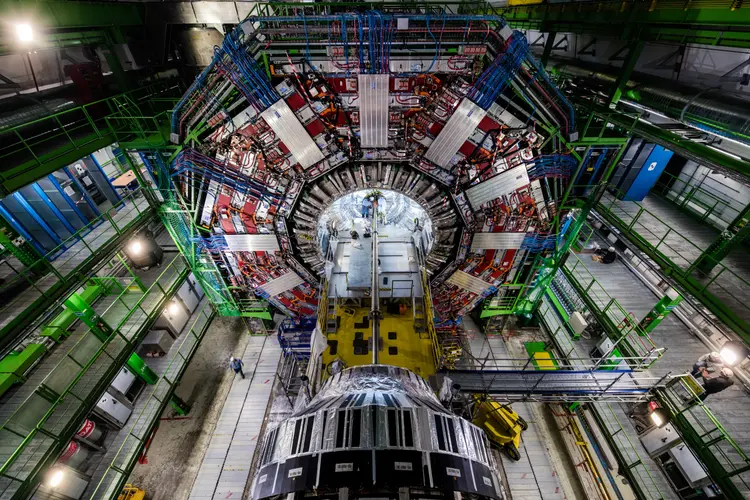
Panel Issues Recommendations for Future of Particle Physics Research
Media Inquiries
The High Energy Physics Advisory Panel (HEPAP) to the U.S. Department of Energy’s Office of Science and the National Science Foundation’s Division of Physics has approved and released the Particle Physics Project Prioritization Panel (P5) report(opens in new window), which outlines recommendations for U.S. particle physics priorities for the next 20 years and funding for the next 10 years.
The P5 report was drafted by a panel of about 25 scientists, chosen for their broad expertise and eminence, including Carnegie Mellon University Professor of Physics Rachel Mandelbaum(opens in new window).
“Being a part of this panel was an important privilege and responsibility,” said Mandelbaum. “The nature of particle physics and cosmology research requires a great amount of consideration and advance planning. We developed our priorities to focus on areas where the United States could make the biggest impact and continue its legacy as a leader in the field.”
There are many open questions in particle physics, ranging from the nature of dark matter and dark energy to the understanding of the properties of neutrinos. Answering these questions requires large complex experiments and the construction of new accelerator facilities and telescopes — and a great deal of advanced planning.
The P5 report recommended that the United States focus their efforts on three themes:
- decipher the Quantum Realm, which includes studying neutrinos and the Higgs Boson;
- explore New Paradigms in Physics, which includes the search for direct evidence of new particles and the quantum imprints of new phenomena; and
- illuminate the Hidden Universe, which includes identifying the nature of dark matter and the drivers of cosmic evolution.
The panel also recommended funding for specific experiments that will conduct research in these themes. The experiments include:
- CMB-S4, a next-generation ground-based telescope experiment that will study the cosmic microwave background;
- a re-envisioned second phase of the Deep Underground Neutrino Experiment (DUNE);
- an off-shore Higgs factory that will produce Higgs Bosons;
- the Ultimate Generation 3 dark matter detection experiment; and
- IceCube-Gen2, which will expand a South Pole neutrino-detecting observatory.
Carnegie Mellon’s Department of Physics(opens in new window) has strong research groups working in cosmology, particle physics, computational physics and theoretical physics, who play key roles in the ongoing experiments in these areas and will contribute to the research conducted under the planned themes.
“As a department, we like to prepare our students, as well as our researchers, for what’s next in the field,” said Scott Dodelson, professor and head of the Department of Physics. “The P5 report shows that we’re on track, and we’re excited for the future of the field.”


